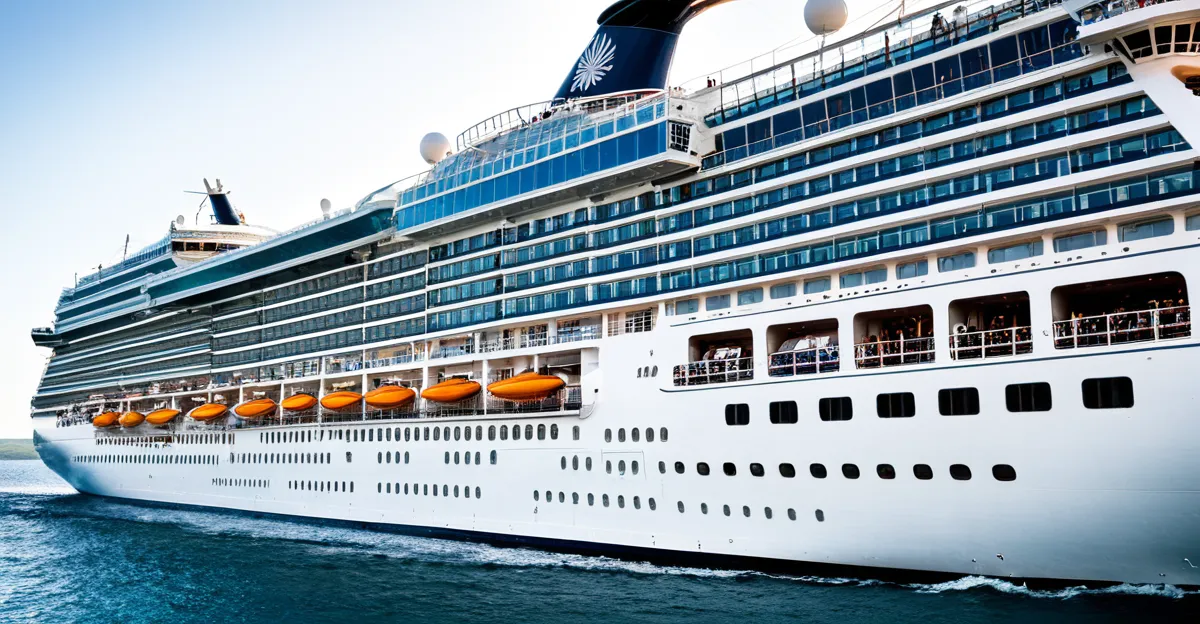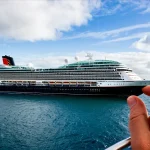Cruise Travel’s Influence on UK Tourism Popularity
Exploring the impact of cruise travel on the UK tourism sector
The popularity of UK cruises has significantly boosted overall tourism in recent years. With the UK cruise sector trends showing a steady increase in passenger numbers, more visitors are discovering diverse destinations along the British coast and beyond. Cruise travel plays a vital role in enhancing the UK’s appeal as a holiday choice, attracting both domestic and international tourists.
In parallel : How do UK cruises enhance local economies?
Recent statistics reveal that cruise passenger arrivals in the UK have grown annually, reflecting rising interest in maritime holidays. This growth not only supports port cities but also stimulates local economies by encouraging extended stays and excursions. Data indicates a direct correlation between cruise travel UK tourism figures and increased visitor spending in key tourist hubs.
The emergence of new cruise routes and larger ships has expanded options for travelers, helping to sustain the upward momentum in the UK cruise market. These UK cruise sector trends underscore the sector’s contribution to the tourism industry, making cruise travel a pivotal factor in enhancing the UK’s global tourism profile. This synergy between cruising and cultural tourism increasingly shapes visitor patterns and destination development strategies.
Also to read : What Challenges Do Cruise Travelers Face When Exploring UK Attractions?
Economic Impact of Cruise Tourism on Local Communities
Cruise tourism significantly boosts the UK cruise tourism economy by injecting substantial revenue into local businesses and communities. When cruise ships dock at ports, passengers often spend money not only on port fees but also on local shops, restaurants, and tours. This spending directly benefits small businesses, from souvenir vendors to transport services, helping them thrive.
Several UK ports and towns have seen notable local economic effects due to cruise tourism. For instance, coastal towns like Southampton and Liverpool have experienced revitalization linked to increased cruise traffic. The influx of visitors has led to improved infrastructure and new business opportunities, reinforcing these cities’ economic stability.
Analysing spending by cruise passengers reveals that their expenditures extend beyond the ship, providing employment opportunities in hospitality, retail, and transportation sectors. Cruise tourism fosters job creation, supporting both seasonal and permanent roles in port cities. The financial ripple effect strengthens local supply chains and enhances overall economic resilience.
By understanding how cruise tourism interconnects with the economy, stakeholders can better harness its potential for sustainable growth in UK coastal communities.
Destinations in the UK Benefiting from Cruise Arrivals
Cruise tourism has become a vital component in boosting regional tourism across the UK. Major cities, including Southampton and Liverpool, continue to thrive as some of the most popular cruise ports in the UK. These hubs attract thousands of passengers, fueling local economies and expanding hospitality offerings.
Interestingly, lesser-known towns such as Oban in Scotland and Weymouth on the southern coast have experienced significant transformation. Once overlooked, these destinations are now recognized due to increased cruise traffic, making them emerging UK cruise destinations with fresh appeal for travelers seeking unique coastal experiences.
This surge in cruise arrivals has prompted targeted infrastructure developments, with investments in port facilities, transportation links, and visitor amenities. These improvements not only accommodate growing passenger volumes but also enhance overall tourist experiences, making it easier for visitors to explore surrounding attractions.
In essence, UK cruise arrivals serve as a catalyst for expanding regional tourism beyond the familiar, spreading economic benefits to both well-established cities and budding tourist towns alike. This dynamic growth highlights the evolving landscape of popular cruise ports in the UK and its positive influence on local communities.
Challenges and Considerations for Sustaining Cruise-Based Tourism
Delving into environmental and community impact
The growth of cruise tourism in the UK introduces several environmental and logistical challenges. Increased cruise traffic results in higher emissions, contributing to air pollution and impacting marine ecosystems. Ports face congestion, straining infrastructure and complicating efficient port management.
Balancing the local community needs with cruise tourism growth remains crucial. While cruise visitors boost local economies, they can also cause crowding and strain public resources, leading to community resistance. Respecting residents’ quality of life is essential for sustainable development.
To address these concerns, emerging strategies focus on sustainability in the cruise sector. Measures include investing in greener port technology, enforcing stricter emissions standards on ships, and implementing visitor caps during peak seasons to reduce pressure on local facilities. Collaboration between port authorities, environmental bodies, and community stakeholders is key to striking a balance.
Sustainability efforts also explore incentivizing cruise lines to adopt cleaner fuels and optimize ship designs for lower environmental impact. Effective port management issues must prioritize both operational efficiency and ecological stewardship to ensure long-term viability of the UK’s vibrant cruise tourism industry.
Stakeholder Perspectives and Industry Outlook
The UK cruise industry future is shaped significantly by diverse stakeholder opinions. Local businesses emphasize the economic benefits of cruise tourism, highlighting increased spending in ports and surrounding communities. They advocate for infrastructure investments to support growing passenger numbers, ensuring a seamless experience that attracts repeat visits.
Government agencies focus on balancing growth with sustainability. They align policies to foster industry expansion, while enforcing environmental regulations to protect coastal ecosystems. Collaborative initiatives aim to promote the UK as a premier cruise destination, integrating tourism sector forecasts that anticipate gradual recovery and steady growth over the coming years.
Environmental groups voice concerns on cruise line impacts, urging operators to adopt greener technologies. Many cruise companies are responding by implementing eco-friendly practices such as using cleaner fuels and waste reduction measures. This strategic pivot mirrors broader industry trends adapting to evolving traveler preferences for sustainable tourism experiences.
Overall, the UK cruise industry future is poised for innovation and expansion. Stakeholder collaboration is critical to navigating challenges and capitalizing on emerging opportunities. As forecasts indicate, increasing passenger volumes and technological advancements will define the sector’s trajectory, securing its position within the wider tourism economy.











